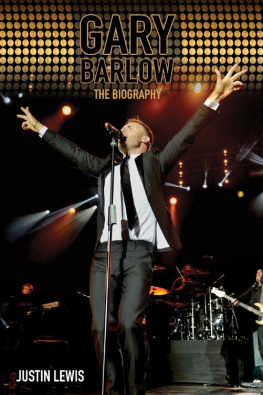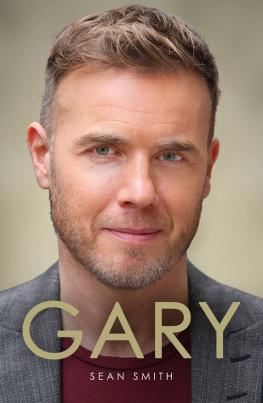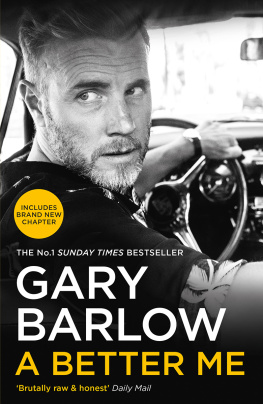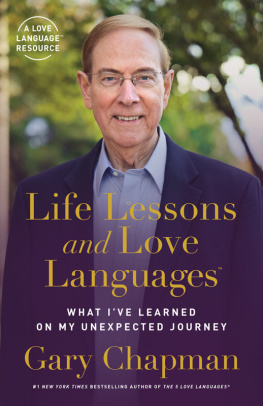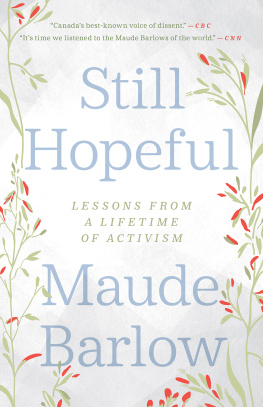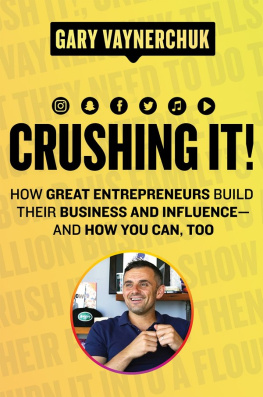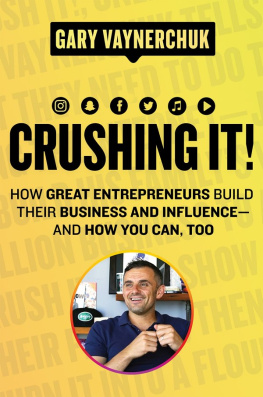I n the autumn of 2005, a defunct and almost forgotten British pop group of the 1990s made a three-pronged comeback bid. They took part in a TV documentary in which they reminisced about their lives, released a greatest hits album and announced they would be going back on the road just one more time.
No one could have guessed what would happen next. Such was the public reaction that they decided to make an album of brand new material. Their first in over 10 years, it sold nearly three million copies in Britain alone. In the next few years, they would break all sorts of sales records for their recordings and concert tickets. Take That had achieved something that no other British band had ever done before: after a lengthy sabbatical, this major multi-million-selling group had returned to the spotlight, and were now even bigger. Not only were they bigger, they may even have been better. Sophisticated grown-up songs like Shine, Patience, Greatest Day and Rule the World put them back at the top of the charts. By 2010s Progress, their first album in 15 years to feature estranged member Robbie Williams, they were arguably making their boldest, most adventurous music yet. And music that still sold millions.
The sort of revival that Take That have experienced is not supposed to happen in pop music. The biggest-selling groups and artists are usually so of their time that a comeback is, at best, a celebration of nostalgia. Few have the ability to almost entirely reinvent themselves a decade later. When a band is revived, it is not expected to stick around for very long. The usual drill is for them to reappear, run through their old hits one more time, collect the money, and start the car. It is most unlikely that the public wants to hear their new songs.
So how did Take That and their chief songwriter Gary Barlow put a line through so many of pops rules in trumping their first career second time around? In Time to Shine, well examine how Gary developed from a teenage singer and organist on the club circuit, in and around his native Cheshire, to stardom in the 1990s as part of the five-piece boyband. As of early 2014, his sales figures were estimated at over 50 million albums, he had reached number one in the singles charts on 14 occasions (a record for a British artist, bettered only by the four members of the Beatles), and topped the album charts nine times. He had been a tireless charity campaigner, was a constant fixture on various TV shows (most obviously The X Factor) and regularly participated in royal occasions, including organising the pop concert for the Queens Diamond Jubilee celebrations in 2012. Soon afterwards, he was honoured with the Order of the British Empire. But, inevitably, Gary Barlows biggest achievement continues to lie with Take That.
Take That five handsome and good-humoured young men who had been thrown together in Manchester as the British New Kids On The Block, but who became friends in the process made their original breakthrough in 1992. Good looks and charisma undoubtedly played a part in their appeal to millions of teenage girls, but there is no way they could have maintained this popularity for four years without memorable songs. While a handful of their hits were cover versions, the vast majority were Gary Barlow originals, including several of the 1990s best-loved pop songs: Pray, Everything Changes, Never Forget, A Million Love Songs. Above all, there was Back for Good, which on its release in spring 1995 became the UKs fastest-selling single for a decade.
Although the sudden departure of Robbie Williams in 1995 unbalanced relations within the group, and hastened its own demise only months later, Take That Mark I bowed out at the top. Gary struck out as a solo act, touted as a future George Michael, but found the going much harder on his own, especially when Robbies own solo bid for stardom unexpectedly took off in a sensational fashion. By the turn of the 21st century, Garys records were flopping, his shows were two-thirds full and his contract with his record company was terminated.
The troughs of Gary Barlows story are as significant as its peaks. What really tests someones character in the celebrity world is how they react to failure and oblivion, and, though Gary undoubtedly found this hard, he continued to work diligently as a songwriter and producer, with the constant support of his family, friends and colleagues. Then again, even as a teenager, he was a driven, ambitious and hard-working individual. He may not have shone as a dancer, but his singing voice, musicianship, gift for original songwriting and stage presence were excellent credentials for when opportunity knocked with Take That in 1990.
Take That, by Garys own admission, was not an equal partnership in the 1990s. Because he wrote the songs, he earned far more money than the others, and part of the agreement when they re-formed was that all the group members had a creative say. The second act of Take That (when the boyband became a manband) is not only a leap forward musically, but it also introduced an atmosphere that was warmer and more relaxed all round.
Time to Shine is a story about talent and ambition but its also about generosity, co-operation and understanding in the frequently cut-throat entertainment business. More than anything, its about camaraderie. Robbie Williams once described their journey as five boys who needed to go through therapy, heal a little bit, forgive and be forgiven. Or else it was panto. For Gary Barlow, the secret of Take Thats success lay in their friendship: As long as our friendship is as close as it is, I think the world is our oyster.
T he singles charts can be a hotchpotch at the best of times, but in January 1971, they showed a pop scene with little obvious sense of direction. The glam rock trend of Slade, David Bowie and The Sweet was still a year away. The Beatles had broken up, although, with My Sweet Lord, George Harrison was their first former member to reach the number one spot in Britain. Rock groups such as Status Quo, T. Rex, Badfinger and The Kinks nestled alongside easy-listening favourites like Andy Williams, the Carpenters and Frank Sinatra, whose My Way had been in the charts for the best part of two years. Then there were the singers who wrote their own songs and performed them, too: Gilbert OSullivan, Neil Diamond and a 23-year-old from Pinner in Middlesex who was making his chart debut. Reginald Kenneth Dwight, aka Elton John, was the pop worlds hottest new star of 1971.
It was perhaps fitting that Gary William Barlow would become one of Elton Johns biggest fans. Born the same week as Your Song became Eltons first-ever hit, he made his debut at lunchtime on Wednesday, 20 January 1971 in Frodsham, in the north-west English county of Cheshire. His first home was in Ashton Drive, part of a council estate on the fringes of a village about to be given town status. Three miles north lay the town of Runcorn. The cities of Chester, Liverpool and Manchester were a little further away.
There was already an elder child in the Barlow household. Ian had been born three years previously in 1968. The pair would get along well as adults, but as kids they would sometimes clash. I hated him as a youngster, a 25-year-old Gary admitted in 1996, but we get on so well now. He could be the real, upset, forgotten-about brother and he isnt: hes just so proud of what I do.
The boys dad was Colin, who worked as a project manager for a fertiliser company. The position often required him to work nights, and, with a second job at a farm in the late afternoons, he had no choice but to snatch a precious few hours of sleep during the mornings. After Gary started school, his mum Marjorie went back to work as a laboratory technician at a hospital in the nearby city of Chester.

